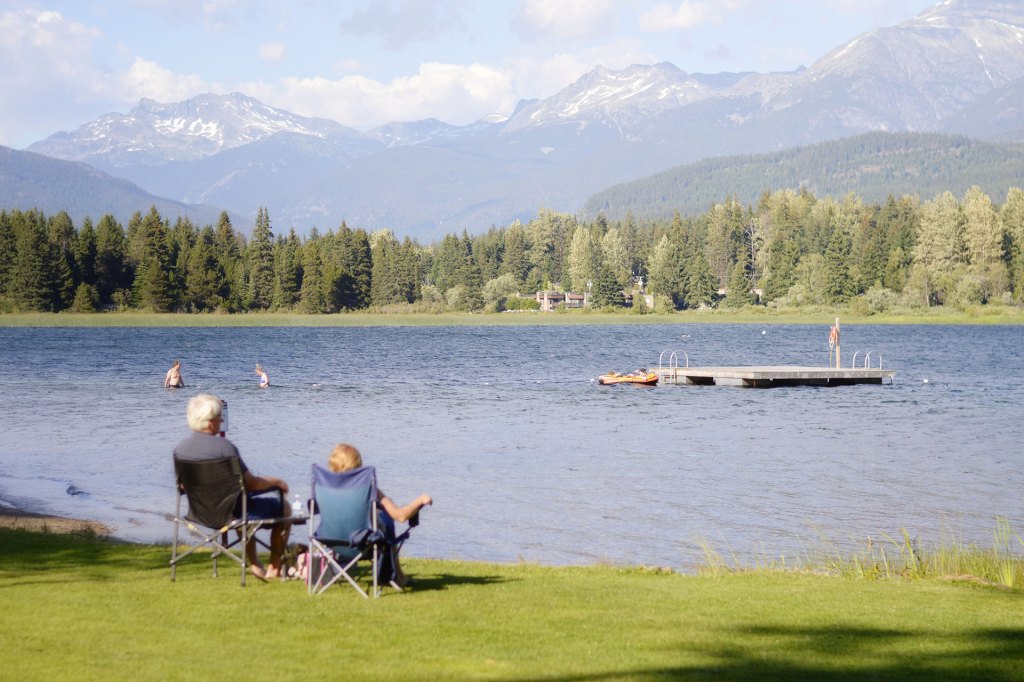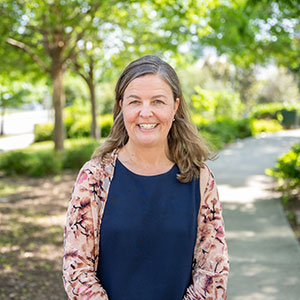For most of my career, I’ve worked at jobs that have offered stability, benefits, and retirement plans. Decades in, I now think about the cost of my kids’ college, and how to retire comfortably. As experts typically advise, I’ve always put aside money for retirement. I should be in good shape. But like many Americans, I’m nervous.
As I think through how to navigate that chapter, many questions come to mind. How much do I need to save? How long do I need to work? When should I retire and start collecting Social Security? If I save too much, I’ll leave behind a lot of assets. If I save too little, I won’t have enough to pay for costs that come with aging, including my own healthcare. And finally, will I even be able to choose when to retire?
In other words, the economics of aging are complicated.
Why people retire
According to the Federal Reserve’s Report on Economic Well-Being of U.S. Households in 2021, most people want to retire for conventional reasons: to pursue other interests or because they have reached normal retirement age. But life events often play a role. The report notes that 29% of retirees said a health problem impacted their decision to retire and 15% retired to care for family members. Here are a few key stats (people could select multiple answers).
- 49% wanted to do other things
- 45% reached normal retirement age
- 29% experienced health problems
- 15% needed to care for family members
- 10% were forced to retire or had a lack of work
Rising costs play an important role in retirement decisions
On August 9, the Richmond Fed hosted District Dialogues: The Economics of an Aging America, where panelists share the realities of growing older and the related fears and costs. “We are ultimately leaving families alone to solve their own aging-related problems,” says Gigi Amateu, Virginia Commonwealth University College of Health. She explains that nowadays, we have little structural support. Genevieve Waterman from the National Council on Aging notes that different generations used to take care of each other at home.
Planning for future care needs
In different research, the Minneapolis Fed finds that aging adults can no longer depend on younger generations to care for them. Many will have an expensive end-of-life stay in a nursing home. Jeff Horwich shares that this is especially true for women (who live longer) and, ironically, people who begin their retirement with better health. He explains in The Complex Economics of Growing Old that long-term care insurance products may help minimize these risks, but alone can’t solve aging-related financial burdens. Lisa Camner McKay adds that the price tag for specialized care for a nursing home stay rises quickly and can exceed $100,000 year.
This statistic causes me to ask: What if I live a long time?
Life spans have increased since the 1950s. Yet as people age through their 70s and 80s, lifetime spending still ahead of them for medical care barely decreases, according to Horwich.
So how does a middle-income family pay for care? Medicare doesn’t cover long-term care. If people want to qualify for Medicaid, their income and assets must be under state-determined limits – so many folks “spend down” their assets just to qualify for Medicaid nursing home coverage, shares Horwich.
Since Medicaid is for people with lower resources, I was surprised to hear what a big role it has in US elder care. “Nursing home costs are so large for most people that Medicaid ends up paying for 70% of nursing home nights which…is a huge amount,” says Economist Mariacristina De Nardi in Conversations with the Fed. She also notes that even people with higher incomes risk depleting their assets and eventually end up in a Medicaid nursing home.
How nature may affect retirement location choices
As I age, will my health affect my retirement plans? My knee injury from college already has slowed down my running. Perhaps I won’t be physically strong enough to retire to a ski mountain as my husband and I had hoped. (We met while snowboarding and continue to go as a family.)
And I worry about whether the ski mountain will be a smart retirement investment. In District Dialogues, Amateau shares that people are making decisions on where to retire based on weather events, extreme weather, and water crises.
John Bailey Jones, a research economist with the Richmond Fed acknowledges real estate risk, whether it be fires in California, increased hurricane risk, or whatever, given that for most people their principal financial asset is their home. This makes me wonder if retiring to the mountains or the coast is still our dream?

Looking ahead
Middle-and higher-income people are building wealth beyond retirement age, De Nardi shares in The Complex Economics of Growing Old. This will help to pay for medical expenses as needed and give inheritances and donations to our favorite children and nonprofits. (Yes, kids, I did say “favorite children.” So be on your best behavior.)
Despite the stress that comes with retirement planning, more people are feeling optimistic. The Federal Reserve’s Report on Economic Well-Being of U.S. Households in 2021 shares that overall financial well-being reached its highest level since the survey began in 2013.
Amateau suggests that we look at shared interests to address the financial stresses that can come with aging. From my professional experience, I understand that risk managers, policymakers, and service providers can think about out how to lessen or transfer the risks that come with living longer.
And as individuals, we can think now about financial planning and living healthier as we age. Meanwhile, I will continue my personal quest to keep myself, my family, and my community on a healthier path to help minimize financial challenges that can come with growing older.







